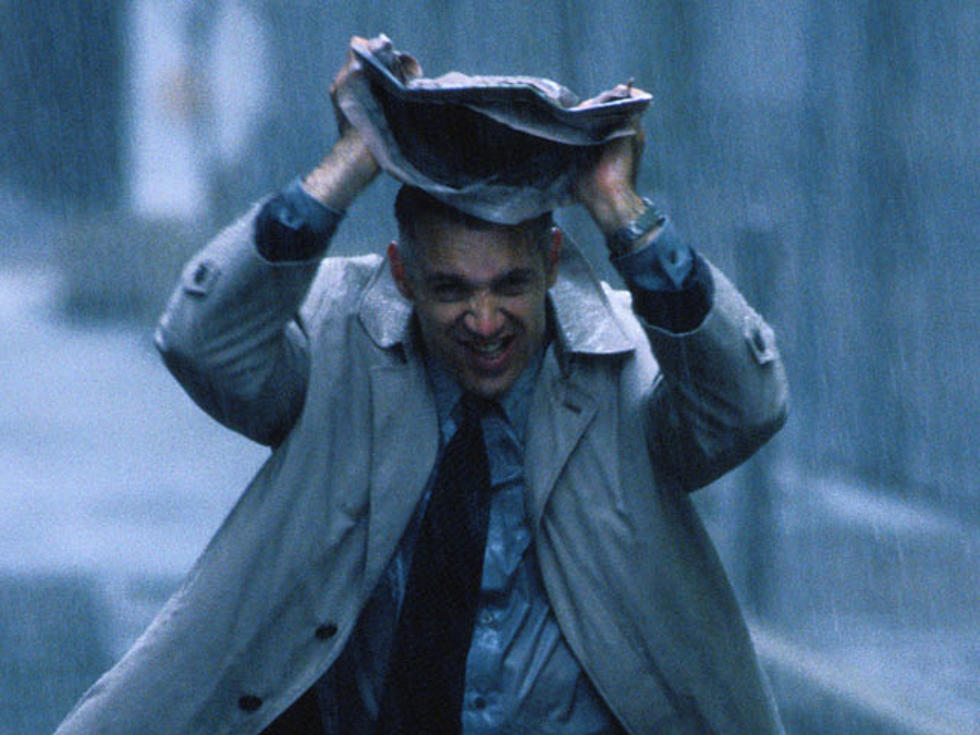
The Real Story Behind the Phrase ‘As Pleased As Punch’
If your best friend sidles up to you and tells you that he or she is “as pleased as punch,” then you know that person is very pleased indeed.
But how did this phrase come into being in the first place?




